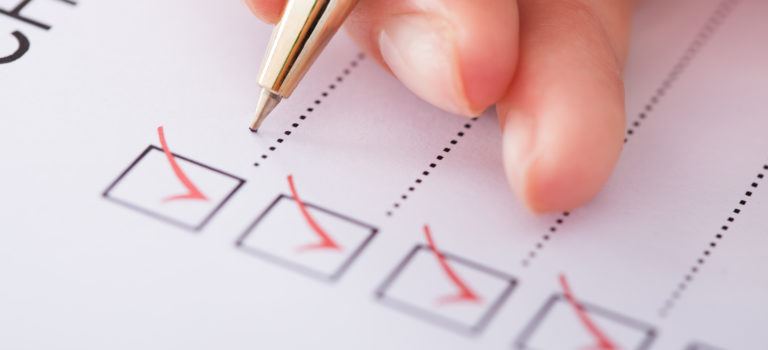Dealing with cancer and cancer treatment can be bad enough when skies are clear, but during hurricane season, you might find yourself battling the elements as well as cancer.
While hurricane season has just begun, now is a good time to make sure you’re prepared for anything that might come our way. Check out these eight hurricane preparation tips, courtesy of the American Cancer Society, to make sure you’re ready.
- Talk to your doctor.If you live in an area affected by the hurricane season, talk to your doctor about the course of action you should take if you need to evacuate your home. Your doctor may be able to advise you of local hurricane shelters that are able to adequately able to provide care to cancer patients.
- Keep a brief record of your medical histor Ask your doctor to write down a brief medical history or do so yourself. Include information like current medications you take and the dosage. Keep it in a waterproof bag, like plastic zip bag, and keep it on hand. Also be sure to include any over-the-counter medications you take.
- Keep a record of your doctors and their contact information. Write down the name of your doctor, the office address, phone numbers, and if possible, the doctor your doctor recommends when he is not available. Store this with your medical history.
- Obtain copies of your prescriptions. Your doctor may be able to give you copies of prescriptions that can be filled in emergency situations. In some cases, extra medication can be dispensed. If you are evacuated to a different city, a local hospital or retail pharmacy should be able to fill the prescription.
- Gather documentation stating that all leased and owned medical equipment belongs to you. Having written verification can make it easier for emergency health care providers to verify your equipment. You can do this by making copies of the lease agreement, bill of sale, or prescription by the doctor. If your equipment has been lost and located, you will need this documentation to claim it. Also be sure to clearly label all your equipment with your contact information.
- Find the numbers to the local American Cancer Societyoffices in your area and also for the city to where you are evacuating. The American Cancer Society can be your ultimate resource for finding help. These numbers can be found in your telephone book or online. Keep these numbers with your medical records for quick reference.
- Verify insurance coverage in other areas beforehand.Call your insurance provider to find out what coverage you have in other areas and what doctors or hospitals you are available to use. This is especially helpful if you know the city where you will go.
- Keep all medicines with you in a waterproof container.Store medications in a large, gallon-sized freezer bag that can be sealed. Label the bag with your name, current address and phone number. If you know the address or phone number to where you are evacuating, add that information to the label. Place a copy of your medical history in the bag. Your medicine bag should be kept with other medical history documents at all times.
These steps may take an hour or two to accomplish, but they can help avoid days or headaches and medical worry down the road.

